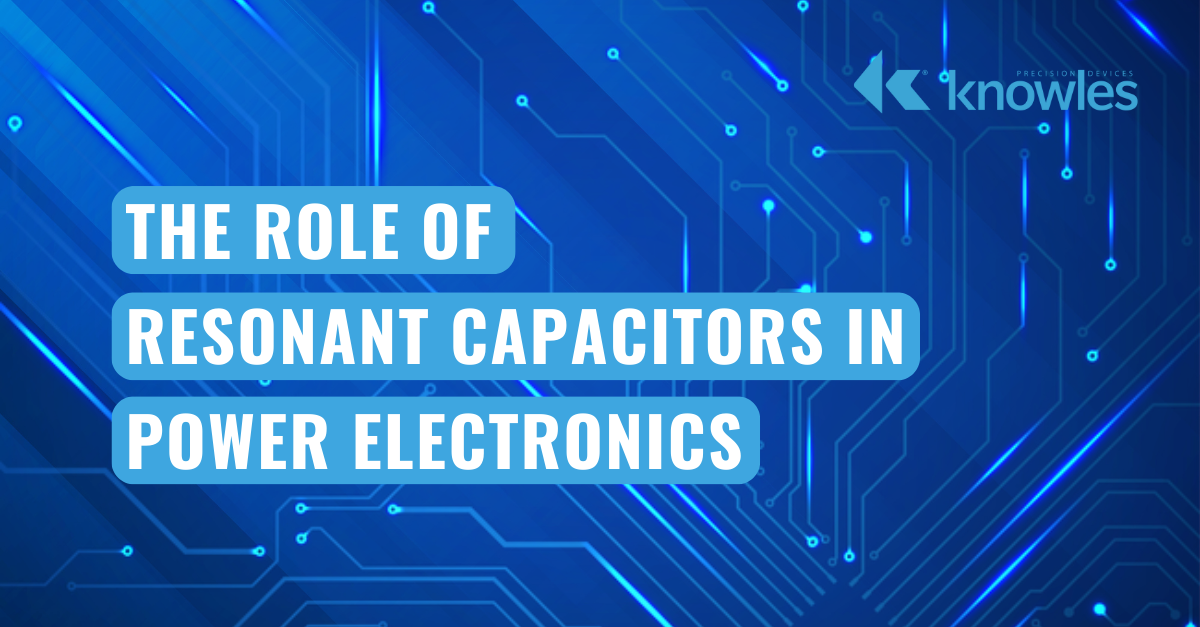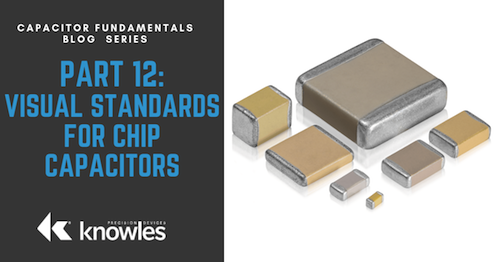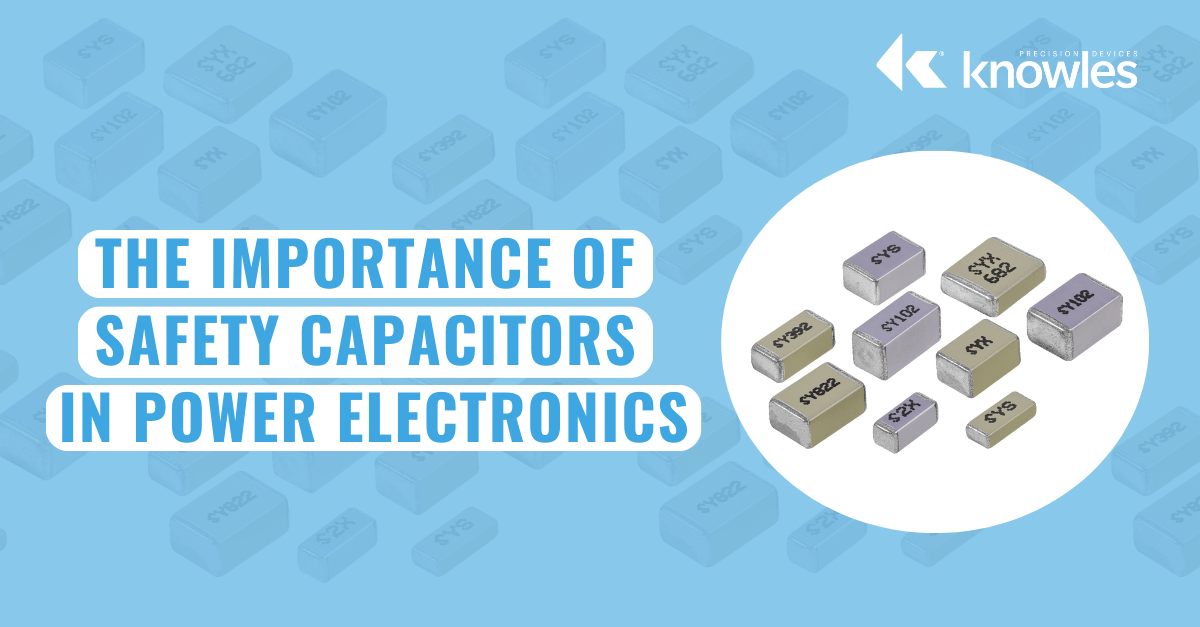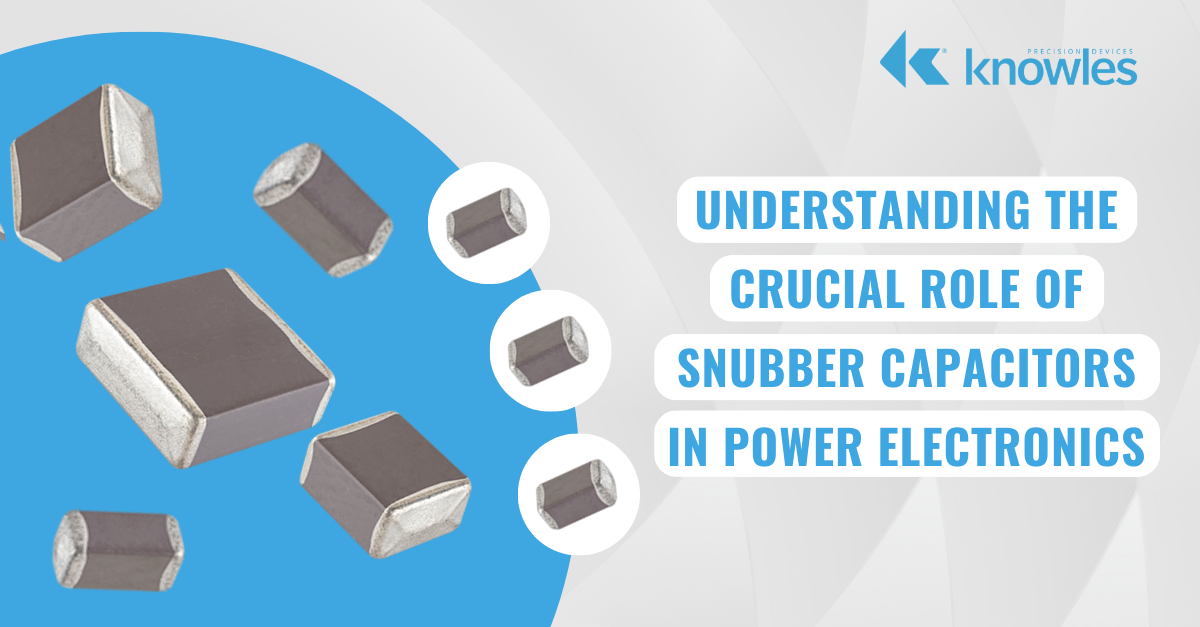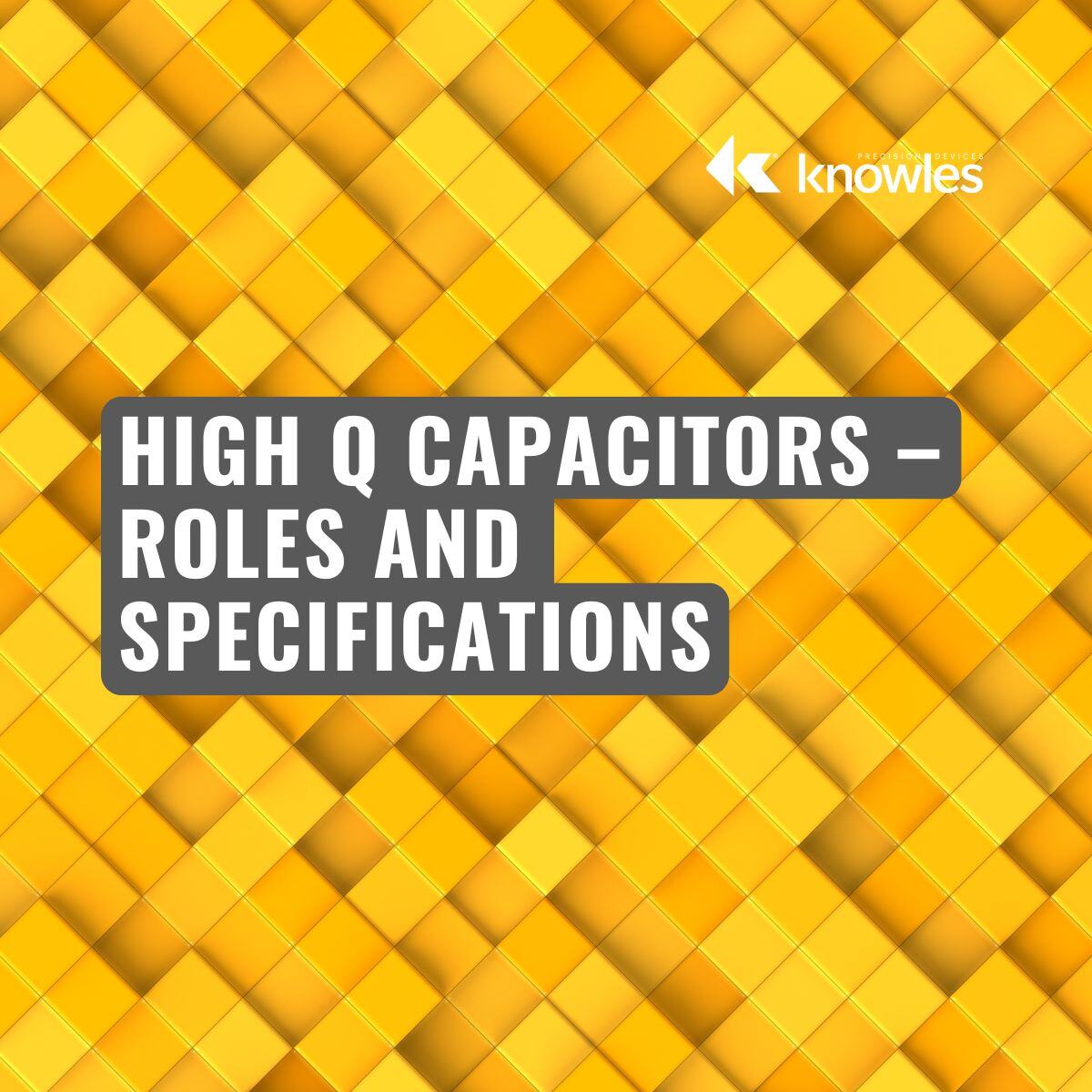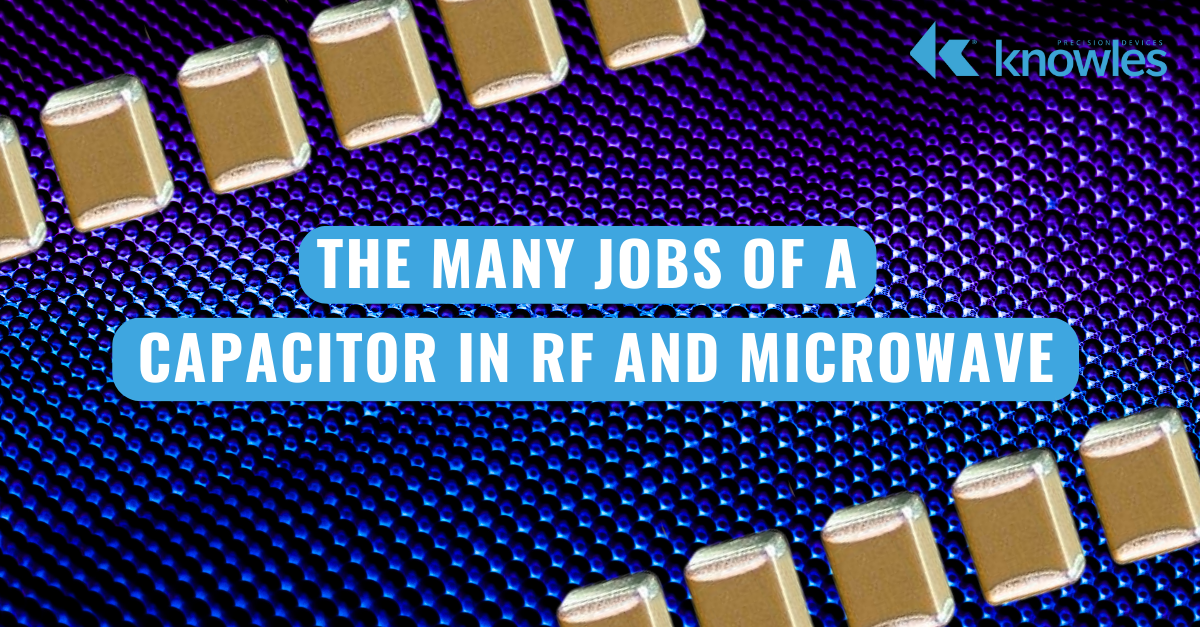At a foundational level, the ability to store electric charge and more easily pass higher-frequency AC currents are two of the most identifiable properties of capacitors. However, at very high frequencies, the ideal behavior of a capacitor can be compromised. In those situations, the parasitic, resistive and inductive components of a capacitor have an outsized influence on its behavior.
The Role of Resonant Capacitors in Power Electronics
Topics: Capacitor
Capacitor Fundamentals: Part 12 – Visual Standards for Chip Capacitors
Welcome to the Capacitor Fundamentals Series, where we teach you about the ins and outs of chips capacitors – their properties, product classifications, test standards, and use cases – in order to help you make informed decisions about the right capacitors for your specific applications. After describing high reliability testing in our previous article, let’s discuss visual standards for chip capacitors.
Topics: Capacitor
The Importance of Safety Capacitors in Power Electronics
Safety capacitors are designed to mitigate the effects of transient voltages and interference in electrical and electronic circuits, especially high-voltage applications, ensuring their safe operation. Even everyday devices need safety capacitors: modems and other telecoms equipment, AC-DC power supplies, power distribution switchgear, and electric vehicles (EVs) and other automotive applications.
Topics: Capacitor
In power electronics, the DC link refers to the section that connects the input and output sides of the power conversion system (Figure 1). The primary function of the DC link is to store energy during the times when the input power is higher than the output power and release energy when the output power demand exceeds the input power. The DC link should include a capacitor that servers as a supporting filter to act as a buffer, minimize voltage ripples, and smooth and stabilize the power flow between various components such as rectifiers, inverters, and other converters in the power system.
Topics: Capacitor
Understanding the Crucial Role of Snubber Capacitors in Power Electronics
Large voltage spikes are common in power circuits, particularly during switching—a core action for device functionality. As a result, voltage suppression is a fundamental system requirement to protect circuits.
Enter: snubber capacitors
Topics: Capacitor
Q factor, or quality factor, is an electrical term used to describe the ratio of energy stored to energy dissipated in a capacitor at a certain frequency (you can learn more about the different components of Q factor and ways to define it here). In other words, Q factor tells us how good a capacitor is at its job at a certain frequency. A high Q value indicates low energy loss during operation, making these capacitors a good fit for applications requiring low power dissipation and high stability.
Topics: Capacitor
As you likely know, capacitors are used in electronic circuits to provide local energy storage and stabilize power supply voltage. Decoupling capacitors are a specific type of capacitor used to isolate or decouple two circuits. In other words, these capacitors decouple AC signals from DC signals or vice versa. Decoupling capacitors act as a buffer, supplying clean and stable power to components, which minimizes the risks of malfunctions, noise coupling, or signal integrity issues.
Topics: Capacitor
Radio frequency (RF) and microwave applications involve transmitting and receiving electromagnetic signals at high frequencies. While these terms are often used interchangeably, RF means AC signals at 3 kHz to 300 GHz. For microwave, it’s more like 300 MHz to 300 GHz. Capacitors play a central role in these applications because they are concerned with capacitance, naturally, and impedance (i.e., resistance), which vary with frequency. Functionally, these passive electronic components store energy in an electric field.
Topics: Capacitor
Capacitor Fundamentals: Part 11 - High Reliability Testing
Welcome to the Capacitor Fundamentals Series, where we teach you about the ins and outs of chips capacitors – their properties, product classifications, test standards, and use cases – in order to help you make informed decisions about the right capacitors for your specific applications. After describing standard industry test testing in our previous article, let’s discuss high reliability testing for capacitors.
Topics: Capacitor, High Reliability
Looking Closer at Resonant Capacitors in Electric Vehicles
One of the primary goals in electric vehicles (EVs) is to increase the efficiency of its power conversion devices. The more efficiently power is converted, the further distance the EV can travel on one charge. For example, by reducing losses in a DC-to-DC (or DC/DC) converter, the converter (and overall vehicle) benefits from improved energy efficiency, a more streamlined design, and diminished heating from components.
Topics: Capacitor, Automotive, Electric Vehicles

